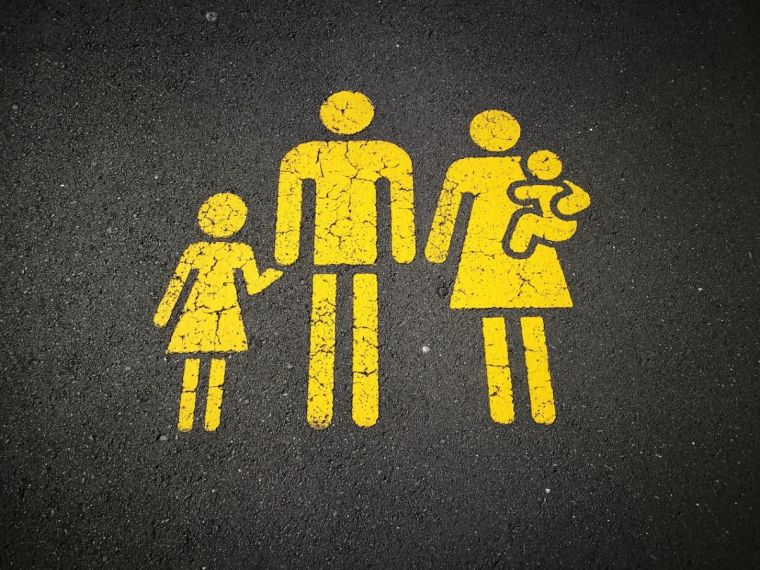Theos report highlights link between marriage and poverty

The benefit of marriage and "stable household relationships" is being sidelined in the national debate about economic inequality, according to a new report from Theos.
The Christian-based religion and society think tank made the counter-cultural observation in Beyond Left and Right: Finding Consensus on Economic Inequality, published this week.
The 104-page report by Theos senior researcher, Hannah Rich, emerged out of a series of roundtable discussions between academics and practitioners from a range of political and professional backgrounds.
"In the roundtables, we noted that the role of marriage and stable household relationships is often ignored in discussions of economic inequality," she said.
"There are some recognised links between family structures and poverty, and the role this plays in both poverty and inequality is significant," the report says.
The report finds that married families are less likely to be in poverty than single parent households.
It continues: "There is evidence that family structure has an impact on educational outcomes, with some studies suggesting that children in single parent families fare worse in literacy and numeracy tests.
"There are demonstrable differences in outcomes for children born to single-parent households versus married or cohabiting, even once the associated economic disadvantage is accounted for."
It notes that family breakdown is also associated with homelessness, with 49 per cent of young homeless people giving this as the reason.
"None of these figures alone prove causation but they do underline that relational stability is a significant aspect of financial stability," the report says.
Theos argues that policy initiatives supporting stable households "are therefore likely to reduce economic inequality too, albeit indirectly, not least because of the improved health and educational outcomes associated with it".
The think tank also suggests improving early years support for new parents.
"Other measures to support family life might include greater transferable tax allowances or relationship support provision," it adds.
The report also calls for a wealth tax in the wake of the Covid pandemic.
"The gap between the richest and poorest households in the UK has also grown since the Covid-19 pandemic began," it reads.
"The idea of a wealth tax has typically been a contentious policy debate, but we heard in the roundtables a greater sense of openness to this in light of the pandemic."
The report concludes: "Throughout this project, we have found that perspectives assumed to be at odds with one another on economic matters – in particular those from left and right-wing political positions – find, in the human dimension of inequality, grounds for consensus.
"Christian theology offers a long-established framework around which this agreement can further be constructed."











